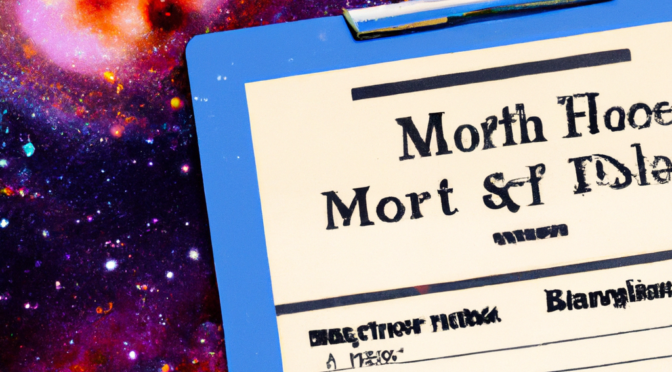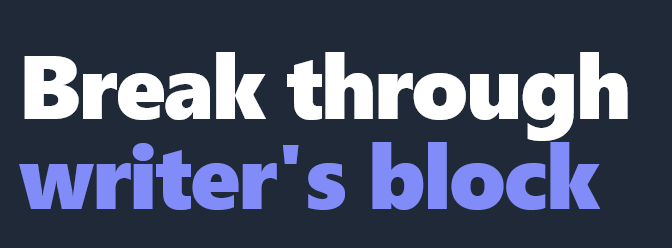I have long wondered if we could create a scale of hardness for science fiction comparable to the Mohs Hardness Scale for rocks and minerals. Here is my first stab at it. I welcome your comments on how to improve upon this first iteration.
The Measure of Hardness in Science Fiction, MOHS-F for short, is a new method for measuring the hardness of science fiction stories. The scale ranges from 1 to 10, with 10 being the hardest and closest to non-fiction and 1 being the softest and closest to fantasy. Here is a proposed MOHS-F scale, with selected well-known works as benchmarks for each number:
- “The Hitchhiker’s Guide to the Galaxy” by Douglas Adams – This book is known for its comedic and light-hearted approach to science fiction.
- “The Time Machine” by H.G. Wells – This book is known for its exploration of time travel and the implications of altering the past.
- “Ender’s Game” by Orson Scott Card – This book is known for its exploration of militarism, politics, and the nature of humanity.
- “Dune” by Frank Herbert – This book is known for its complex political and ecological world-building.
- “The War of the Worlds by H.G. Wells” – This book is known for its exploration of the potential consequences of an alien invasion.
- “The Three-Body Problem” by Liu Cixin – This book is known for its exploration of advanced alien technology and the implications of first contact.
- “Ringworld” by Larry Niven – This book is known for exploring advanced alien technology and the implications of encountering an alien civilization.
- “Contact” by Carl Sagan – This book is known for exploring the scientific, philosophical, and religious implications of the discovery of extraterrestrial life.
- “The Moon is a Harsh Mistress” by Robert A. Heinlein – This book is known for its exploration of lunar colonization, politics, and advanced technology.
- “The Martian” by Andy Weir – This book is known for its hard science fiction elements, such as space travel and survival on a hostile planet.
It is important to note that this scale is somewhat subjective, although I hope we can develop some good guidelines over time to determine the level of hardness a book represents. Also, many books can be considered for each level; it’s not a definitive list, but it’s a good starting point. One final note: books (or movies or short stories) can be rated in between these works using decimals. For example, I would rank my first book, “Enemy Immortal,” a little softer than “Ringworld” but definitely harder than “The Three-Body Problem,” so it might be scored at 6.8.
I hope the MOHS-F scale can become a useful tool for evaluating the hardness of science fiction stories. It can be used to compare different works of science fiction and to identify the relative level of scientific rigor and realism in a given story. I encourage readers to try it an share their thoughts and suggestions for improving it.




You must be logged in to post a comment.